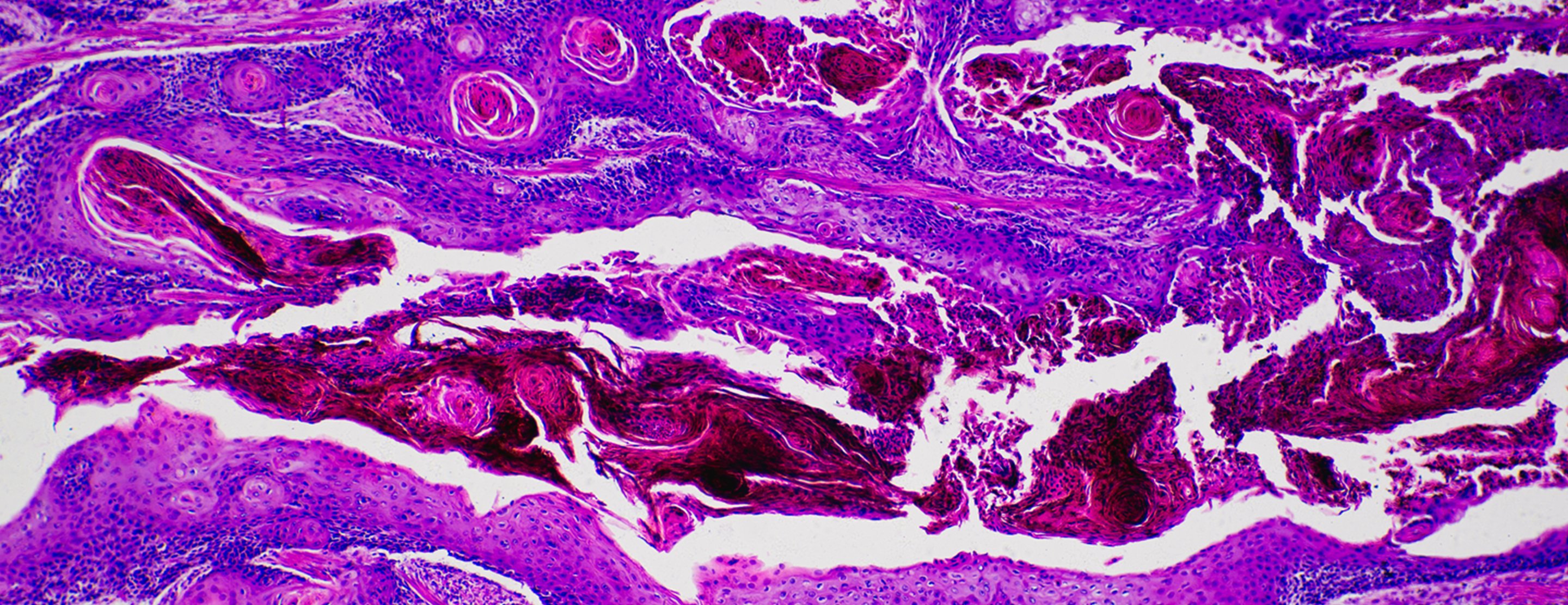
Organ Transplant and Skin Cancer Risk
What Patients Need to Know
Organ transplant patients are at a higher risk — up to a 100-fold higher — for developing skin cancer compared to the general population. Transplant patients tend to develop a skin cancer called squamous cell carcinoma and Kaposi sarcoma. Many patients also develop a skin cancer called basal cell carcinoma and melanoma.
This higher risk is caused by immunosuppressive medications, which are essential to transplant patients to prevent graft rejection and optimize graft survival. Because these medications suppress the immune system that fights off infection and prevents the development of cancer, transplant recipients are at elevated risk for infection and certain cancers.
The exact mechanism that leads immunosuppressive medications to promote tumor growth is being studied. Some research suggests that the duration, intensity and type of immunosuppressant may be related to the development of skin cancer.
In addition, the risk for skin cancer may vary with the type of transplant. Cardiac and lung transplant patients seem to develop skin cancer more frequently than liver or kidney transplant patients.
While not all transplant recipients develop skin cancer, all transplant patients are encouraged to examine their skin for worrisome lesions once a month, practice adequate sun protection measures, including sunscreen and protective clothing, and follow-up with their dermatologist for regular skin checks.
Annual Check Ups
Because all organ transplant patients are at elevated risk for skin cancer, all transplant patients are advised to have head-to-toe skin exams by a dermatologist at least once a year.
Patients may need to see a dermatologist more frequently, if they have multiple risk factors for developing skin cancer, including a prior history of skin cancer or a history of pre-cancerous skin lesions like actinic keratosis.
If you're a candidate for an organ transplant and have a history of skin cancer, let your transplant doctor know.
UCSF Health medical specialists have reviewed this information. It is for educational purposes only and is not intended to replace the advice of your doctor or other health care provider. We encourage you to discuss any questions or concerns you may have with your provider.










